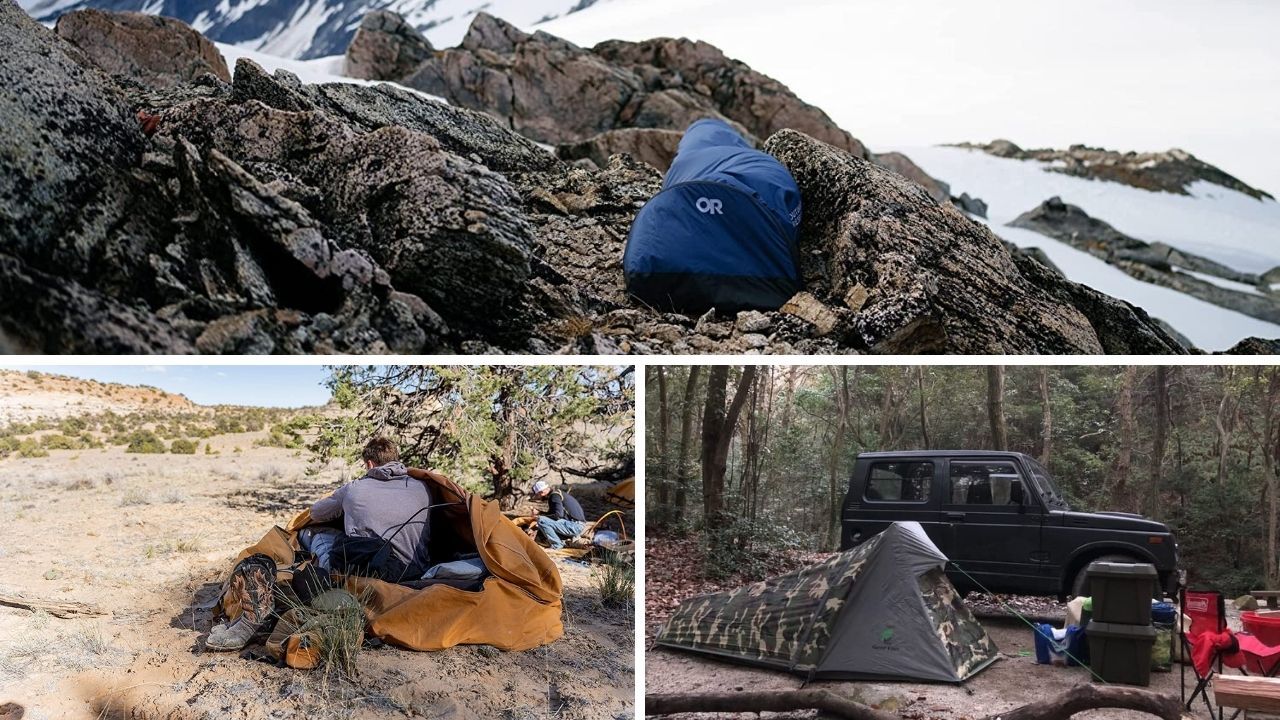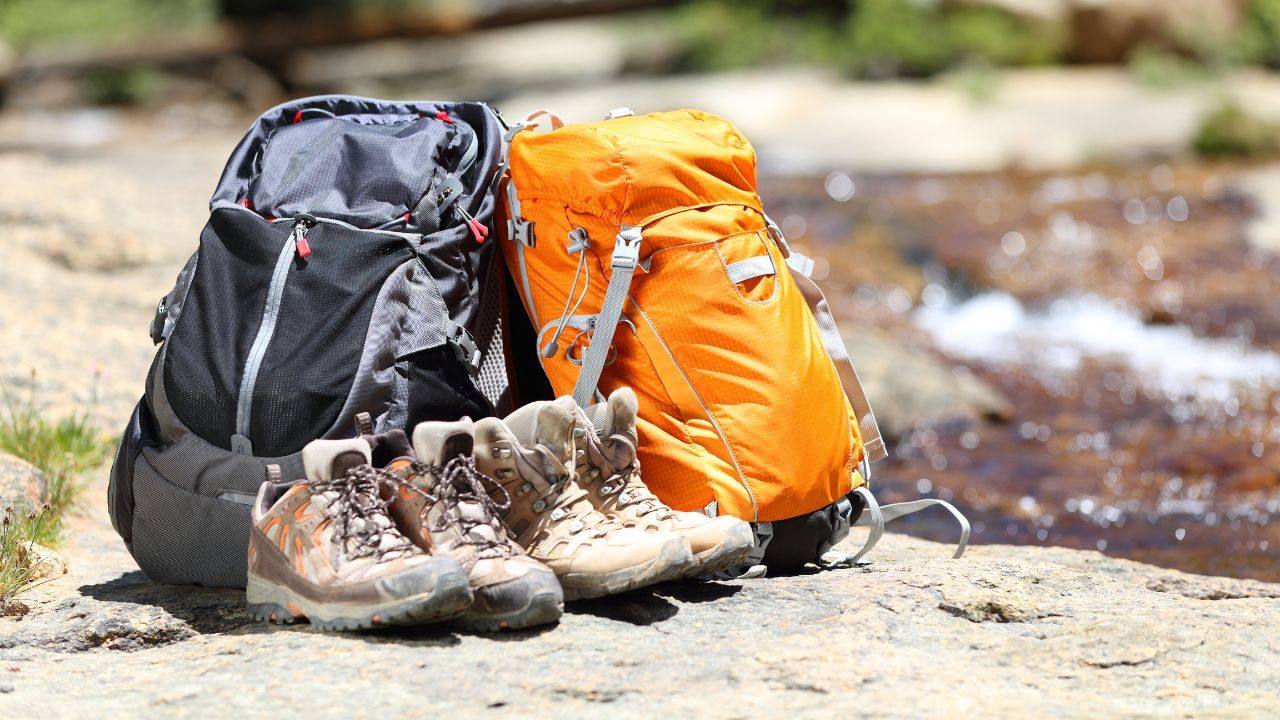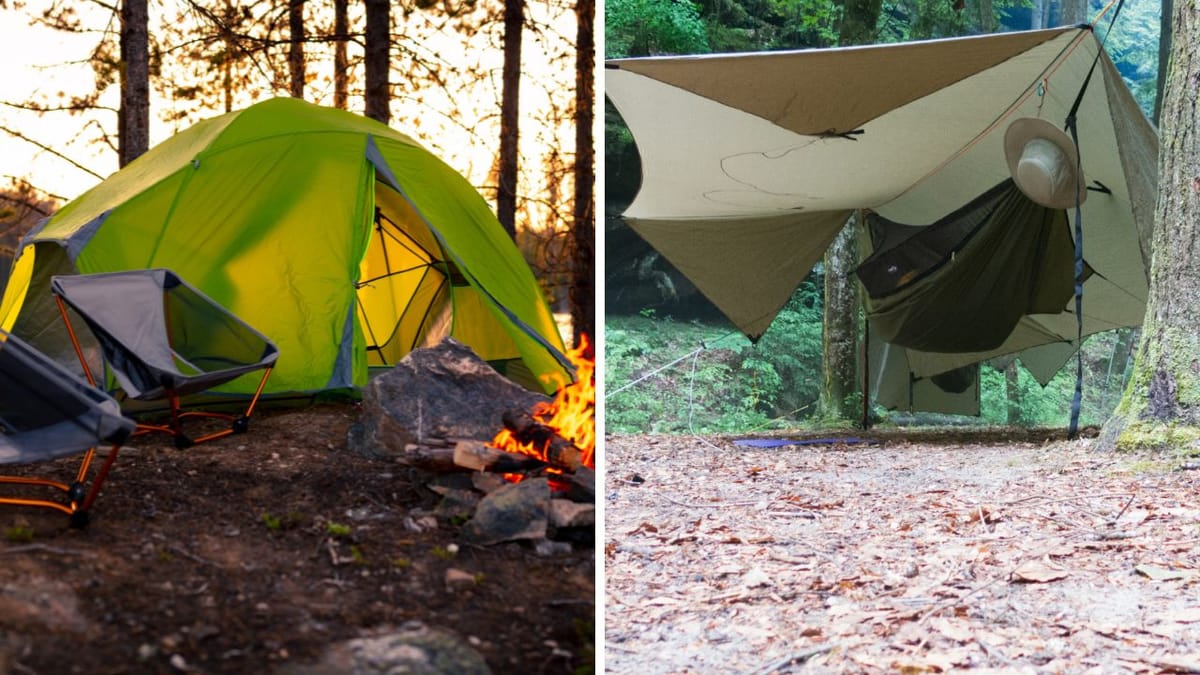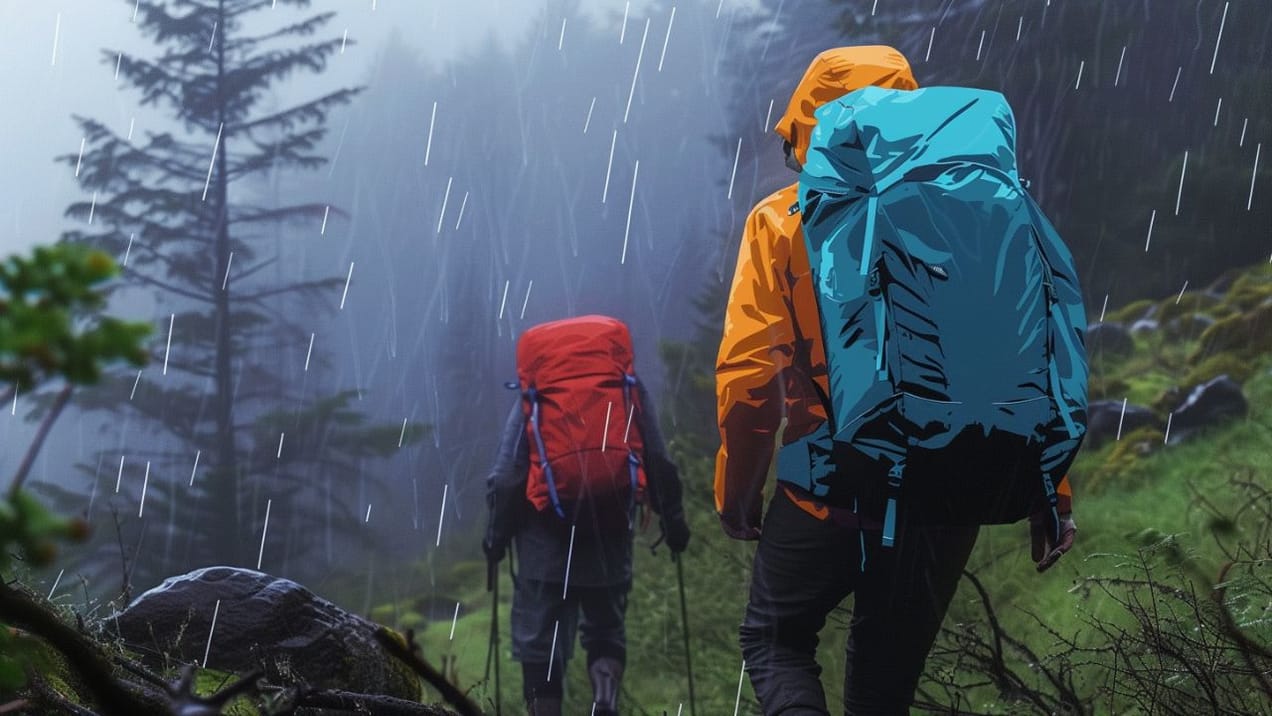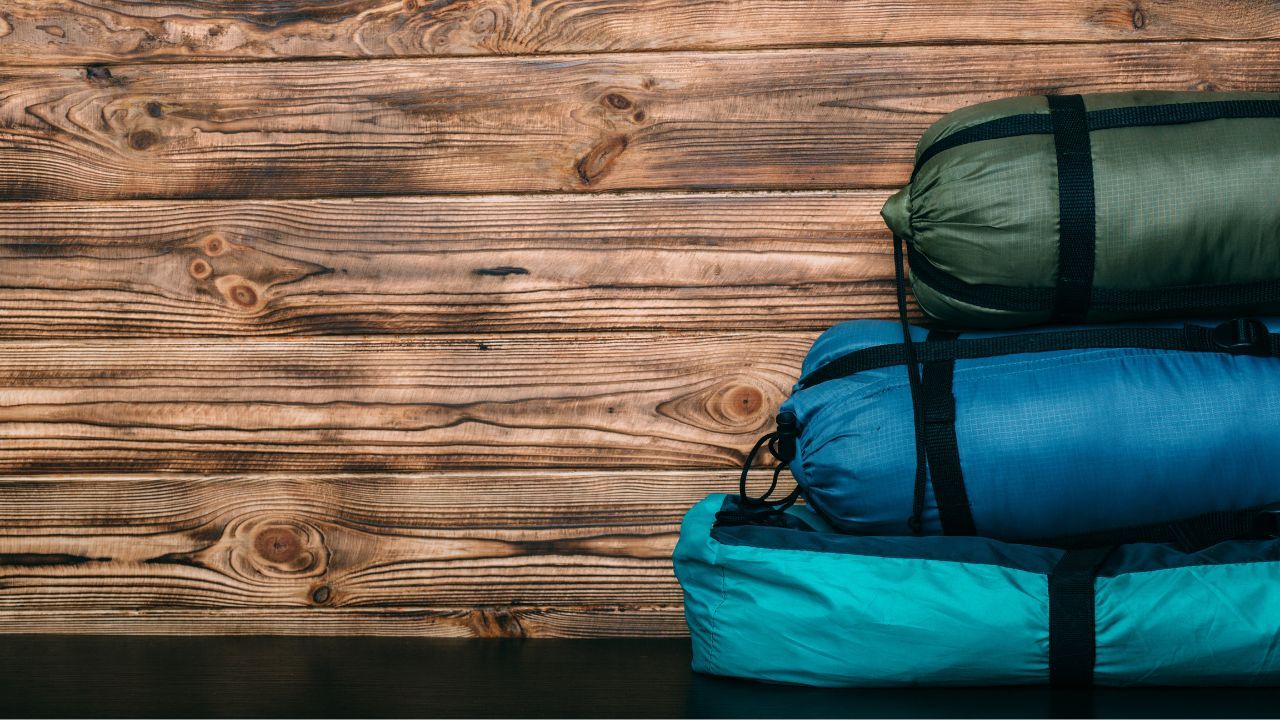
Tent Packed Weight vs Trail Weight: Unpacking the Mystery
Demystify Tent Packed Weight vs Trail Weight. Discover practical tips, expert opinions, and make informed choices for your outdoor escapades.
If you're gearing up for your next camping or backpacking adventure, choosing the right tent can make all the difference.
But have you ever looked at a tent's specifications and wondered what "packed weight" and "trail weight" actually mean?
You're not alone.
In this blog post, we're going to delve into these two terms, break them down, and help you understand why they're crucial to your outdoor adventures.
We'll also compare the two, explore factors that influence tent weights, and provide tips on how to choose the best tent for your needs.
So, buckle up, and let's get started!
Understanding Tent Weights
When you're looking at tents in a store or online, you'll often see them listed with two different weights: packed weight and trail weight.
While they might seem similar, they represent very different things.
What is Tent Packed Weight?
This generally includes the tent body, rainfly, poles, stakes, guy lines, stuff sacks, repair kit, gear loft, and sometimes even a footprint (most tents don't include a footprint so it's not factored into the packed weight).
Think of packed weight as the "all-in" weight. It's like ordering a burger with all the toppings - lettuce, tomato, pickles, onions, cheese, bacon, and the bun.
Sure, it's a bit heavier, but you've got everything you need in one package.
What is Tent Trail Weight?
If packed weight is the fully loaded burger, then trail weight is the basic burger - just the patty and the bun.
It's lighter, but it might not give you everything you need for a comfortable camping experience.
Why Tent Weights Matter
Understanding the difference between packed weight and trail weight is essential for planning your camping or backpacking trip.
The weight you carry can significantly impact your comfort, energy levels, and overall enjoyment of the trip.
For instance, if you're backpacking and need to carry your gear over long distances, every ounce counts.
You might prefer a tent with a lower trail weight to save energy.
However, if you're car camping and don't need to carry your gear far, a heavier packed weight might be fine because you can enjoy more comfort features.
Stay tuned as we dive deeper into the showdown of packed weight versus trail weight, explore factors influencing tent weights, and offer practical tips to help you make the best choice for your next outdoor adventure.
The Showdown: Tent Packed Weight vs Trail Weight
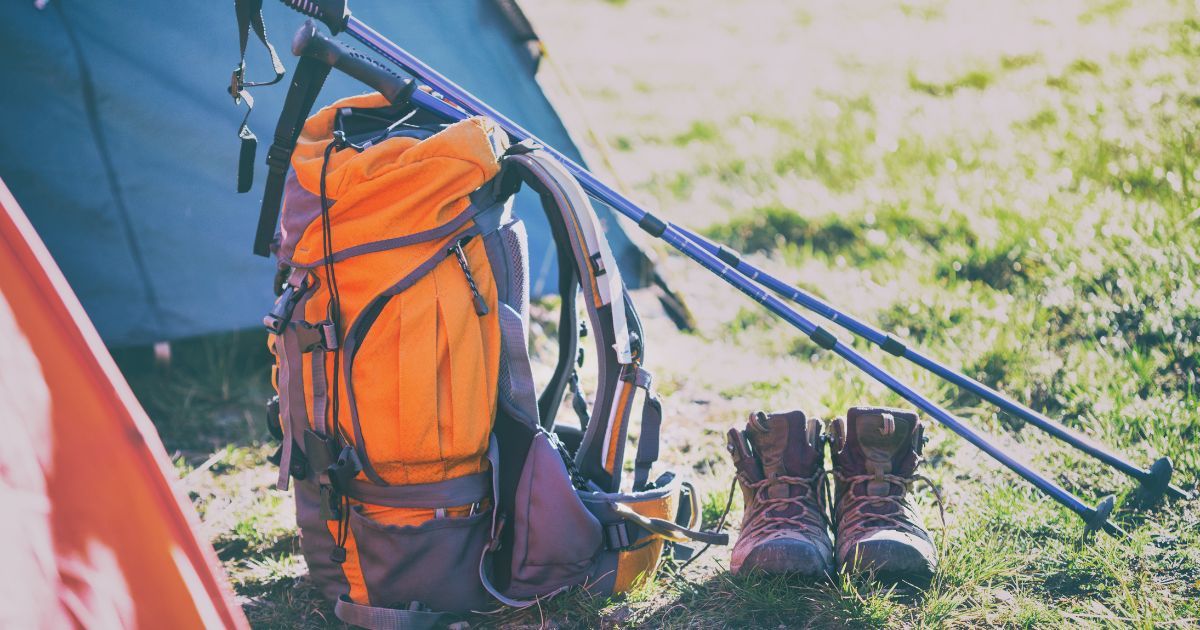
Now that we've defined packed weight and trail weight, it's time for the ultimate showdown.
Which one comes out on top?
Well, like many things in life, it depends on your specific needs and circumstances.
Packed Weight: The Heavyweight Champion
Packed weight is the total package. It includes everything you need to set up your tent and make it cozy.
Benefits of a heavier packed weight include:
- Comprehensive gear: You have everything you need for setup and comfort, including tent stakes, guy lines, and sometimes even a footprint or extra vestibule.
- Weather protection: Many of the additional items included in packed weight like the rainfly or extra stakes can offer better protection against harsh weather conditions.
Drawbacks of a heavier packed weight include:
- Increased burden: The extra weight could slow you down, especially on longer hikes or challenging terrains.
- Less space: More gear means less room in your backpack for other essentials.
Trail Weight: The Featherweight Contender
Trail weight, on the other hand, is the minimalist's dream. It's stripped down to the basics and is as light as can be.
Benefits of a lighter trail weight include:
- Easier transportation: The lighter your load, the easier it is to carry, which can make a significant difference on long hikes.
- More room: With less gear to pack, you have more space in your backpack for food, water, and other essentials.
Drawbacks of a lighter trail weight include:
- Less comfort: You might miss out on some comfort features, like extra guy lines or a footprint.
- Limited protection: Without the additional items included in packed weight, you might be less prepared for adverse weather conditions.
Let's look at a real-life scenario.
Imagine you're planning a week-long backpacking trip in the mountains. You expect variable weather conditions, including potential rainstorms.
- In this case, opting for the full-packed weight could be beneficial. The extra weight could be worth the comfort and protection provided by the additional gear.
- But if you're planning a short, summer overnight trip with a long hike, the lighter trail weight might be more suitable.
- The reduced weight could make your long hike more enjoyable, and you may not need all the extras if the weather is warm and dry.
Factors Influencing Tent Weights
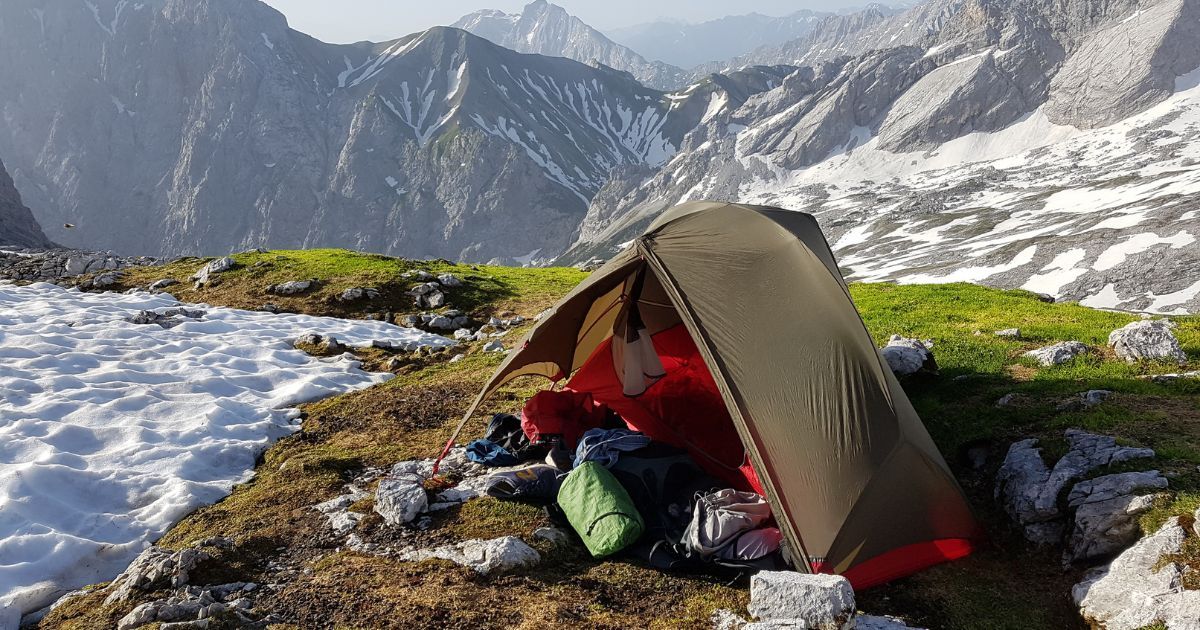
So, what determines whether a tent falls into the heavyweight or featherweight category?
Several factors come into play.
Materials Used in Tent Construction
The materials used can significantly impact the weight of a tent.
For instance, tents made with lightweight fabrics like silnylon or Dyneema Composite Fabric can be much lighter than those made with heavier materials like traditional nylon or polyester.
Tent Size and Design
The size and design of the tent also play a role in its weight.
A one-person tent will naturally be lighter than a six-person tent.
Similarly, a tent with a simple design (like a single-wall tent) will typically be lighter than a tent with a complex design (like a double-wall tent).
Additional Features and Accessories
Additional features and accessories can also add to a tent's weight.
These might include things like extra poles for added stability, a footprint for ground protection, or a gear loft for additional storage. While these features can enhance your camping experience, they do add to the overall weight of the tent.
Remember, the key is to find a balance between weight and functionality that suits your specific needs and preferences.
Whether you lean towards packed weight or trail weight, understanding these concepts can help you make an informed decision for your next outdoor adventure.
How to Choose the Right Tent Weight for Your Camping Trip
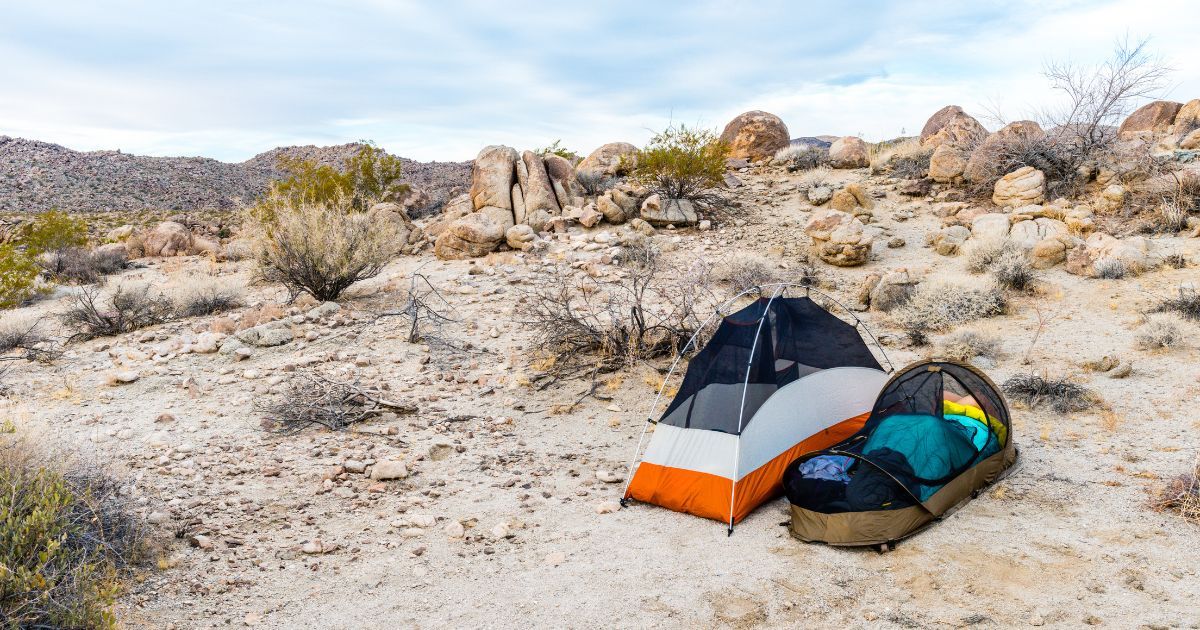
Choosing the right tent weight for your camping trip is a bit like picking out the perfect outfit—it depends on the occasion.
Let's look at some different types of camping trips and what you might want to consider in terms of tent weight.
Backpacking
When you're backpacking, you're carrying everything on your back, often over long distances.
For these trips, every ounce counts, so a tent with a lighter trail weight might be your best bet. Just remember to factor in the expected weather conditions and make sure you have the necessary protection.
Car Camping
If you're car camping, you don't need to worry as much about weight since you're not carrying your gear far.
In this case, you might opt for a tent with a heavier packed weight that offers more comfort features, like a larger living space or extra robust weather protection.
Winter Camping
Winter camping requires a balance. You need a sturdy, durable tent that can withstand harsh weather conditions, but you also don't want to be hauling excessive weight through the snow.
Here, consider a tent that provides the necessary warmth and protection but is still manageable to carry.
Tips for Balancing Packed Weight and Trail Weight
- Prioritize your needs: Think about what's most important for your trip. Is it comfort? Weather protection? Ease of transportation? Travel farther and faster? Prioritize accordingly.
- Consider optional items: Some items included in packed weight might be optional. If you don't need them, leave them behind to lighten your load. Items like a gear loft/organizer, footprint, stuff sack, guy lines, or repair kit (duct tape could work in a pinch).
- Test before you go: Try packing and carrying your gear before your trip. This will give you an idea of what the weight feels like and if it’s manageable for you.
Expert Opinions on Tent Weights
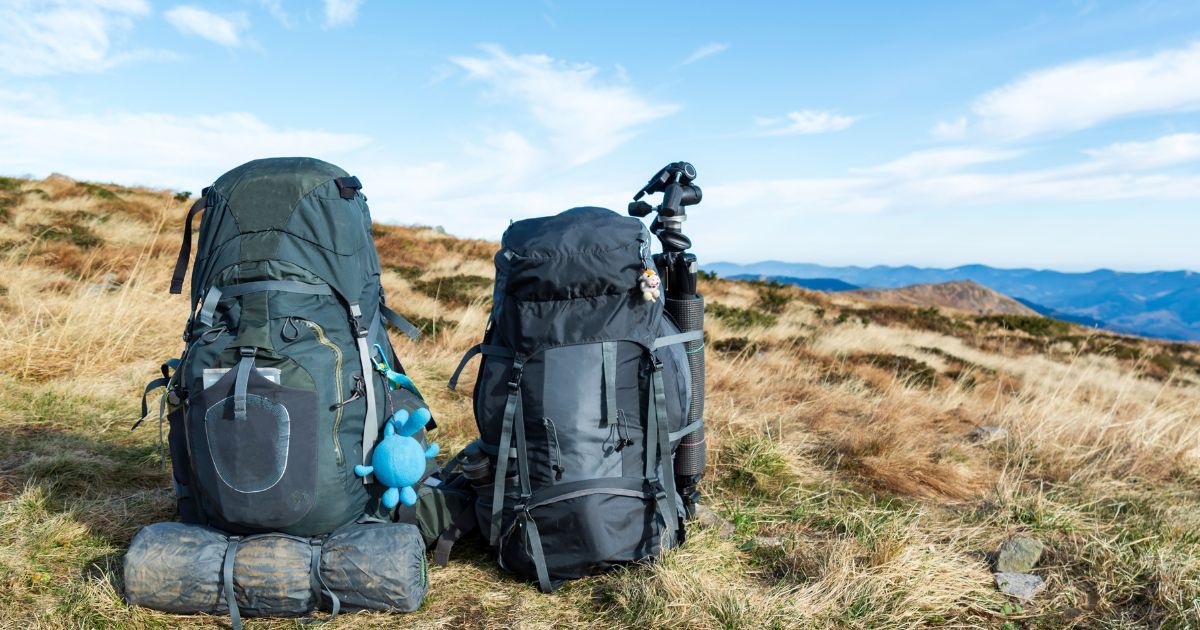
We've talked a lot about tent weights, but let's see what the experts have to say.
Seasoned backpackers often emphasize the importance of considering both packed weight and trail weight when choosing a tent.
They recommend assessing the type of trip, its duration, the expected weather conditions, and personal preferences before making a decision.
Industry experts, like gear reviewers and outdoor guides, generally agree.
They suggest looking at both weights but remind us that neither should be the sole deciding factor.
Instead, they recommend considering other important factors like durability, weather resistance, and livability.
As one expert puts it, "A lighter tent is great on the trail, but if it doesn't hold up in a storm or doesn't provide enough space for you to comfortably rest, then it's not the right tent for you, no matter how light it is."
In the end, the right tent for you is the one that best fits your specific needs and preferences. Whether that leans more towards packed weight or trail weight, the key is to make an informed decision that will enhance your outdoor adventure.
I prefer to carry a slightly heavier load when venturing into the wilderness, as comfort is paramount to me.
The only item I would leave behind is the stuff sack for the tent. It's more practical to pack the tent in separate pieces or distribute it between you and your hiking partner.
>>RELATED Master How to Pack a Tent for Backpacking
Practical Tips for Reducing Tent Weight
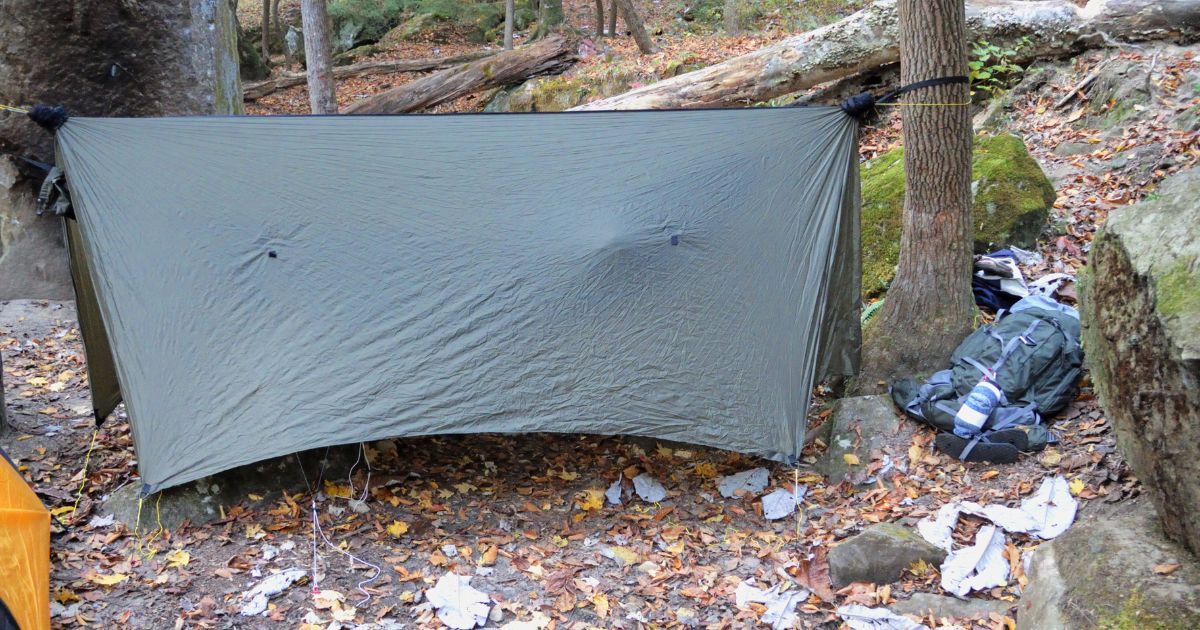
So, you've chosen your perfect tent but you're still keen to shed a few extra ounces?
Here are some practical tips on how to reduce both packed and trail weight without compromising on functionality or comfort.
Minimizing Packed Weight
- Ditch unnecessary items: If there are items included in the packed weight that you don't need, leave them at home. For instance, if you know your campsite is relatively free of sharp rocks and debris, you might not need a footprint. Or if you are not worried about rain, leave the rain fly in the car.
- Share the load: If you're camping with others, divide the tent components among the group. One person can carry the body, another the poles, and so on.
- Opt for multi-purpose items: Consider gear that serves multiple purposes. For example, in some tents, you're able to use trekking poles instead of tent poles, or a rain jacket as a footprint.
Managing Trail Weight Effectively
- Choose lightweight tent materials: Opt for backpacking tents made from lightweight materials like silnylon or Dyneema® Composite Fabric. These lightweight tents do come with a higher price tag and unfortunately less durability due to the thinner fabrics.
- Go minimal on extras: Forego extra features like gear lofts or additional vestibules if they're not necessary.
- Consider a tarp or bivy sack: If the weather and conditions allow, consider using a tarp or bivy sack instead of a full tent. They can offer shelter at a fraction of the weight.
- Consider a trekking pole tent: As mentioned earlier some tents allow you to use trekking poles instead of tent poles. However, they often require more skill to set up properly, and may not provide as much living space or be as sturdy in harsh weather conditions compared to traditional tents.
Wrapping Up: The Balance Between Packed Weight and Trail Weight
We've covered a lot of ground in this post, from defining packed weight and trail weight to exploring their benefits and drawbacks, and even offering tips on how to manage these weights effectively.
The key takeaway is this: both packed weight and trail weight are important considerations when choosing a tent. The right balance depends on your specific needs, the type of trip, and personal preferences.
Remember, a lighter tent can make your journey more comfortable, but it's equally important to ensure you have the necessary protection and functionality to enjoy your outdoor adventure.
Now that you're equipped with all this knowledge, we encourage you to carefully consider your tent weight choices for your next camping trip.
Whether you opt for a heavier packed weight for comfort or a lighter trail weight for ease of transportation, remember that the best choice is the one that suits your needs.
We'd also love to hear from you!
Do you have any experiences or tips related to tent weights that you'd like to share?
Feel free to leave a comment below. Your insights might just help another adventurer on their journey. Happy camping!
Before You Go...
